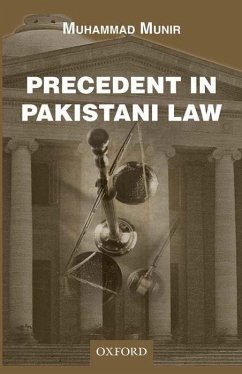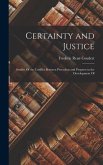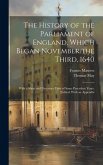In the Common Law system, it is the doctrine of 'precedent' which courts depend upon, more than any other legal doctrine, while arriving at their decisions. The elements that constitute the doctrine of precedent are numerous and complex. Despite its considerable importance in the Pakistani legal system, the operation of this doctrine has so far drawn little academic attention. This work bridges that gap. It thoroughly examines the history, origin and context of this doctrine, as well as the rules which guide its operation in Pakistan in the Supreme Court, the High Courts, the Federal Shariat Court, and the various tribunals, with examples and analysis of case law. How is the ratio of a precedent case determined? What is the interpretation of Article 189 of the Constitution of Pakistan? Are decisions of the Supreme Court binding on the Supreme Court itself? Are the lower courts bound by the dictum of the Supreme Court? Are there decisions of the Supreme Court that are not binding on lower courts? What is the position of superior courts in India and Azad Jammu & Kashmir (AJK) on all these issues? What value should be attached to precedent in criminal cases? Can the Supreme Court, the High Courts, and the Federal Shariat Court overrule their own previous decisions? And is the practice of the higher courts in Pakistan - under Articles 189, 201 and 203 GG - in conformity with Islamic law? These are some of the questions, vital to understand the operation of precedent in Pakistani law, which are discussed in this work.
Lawyers and judges look for previous decisions of higher courts whenever a case is argued in a court or a decision is given. The practice that similar cases should be decided similarly is the hall mark in the Pakistani legal system. However, the complex rules of this practice are little known. This work is intended to fill in this gap. It explains in minute detail the various rules about precedent and will help judges and lawyers in their day to day judicialwork.
Hinweis: Dieser Artikel kann nur an eine deutsche Lieferadresse ausgeliefert werden.
Lawyers and judges look for previous decisions of higher courts whenever a case is argued in a court or a decision is given. The practice that similar cases should be decided similarly is the hall mark in the Pakistani legal system. However, the complex rules of this practice are little known. This work is intended to fill in this gap. It explains in minute detail the various rules about precedent and will help judges and lawyers in their day to day judicialwork.
Hinweis: Dieser Artikel kann nur an eine deutsche Lieferadresse ausgeliefert werden.








